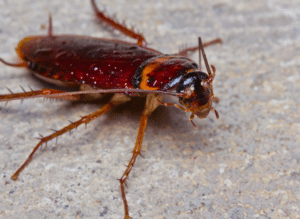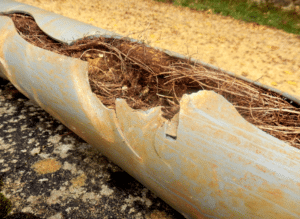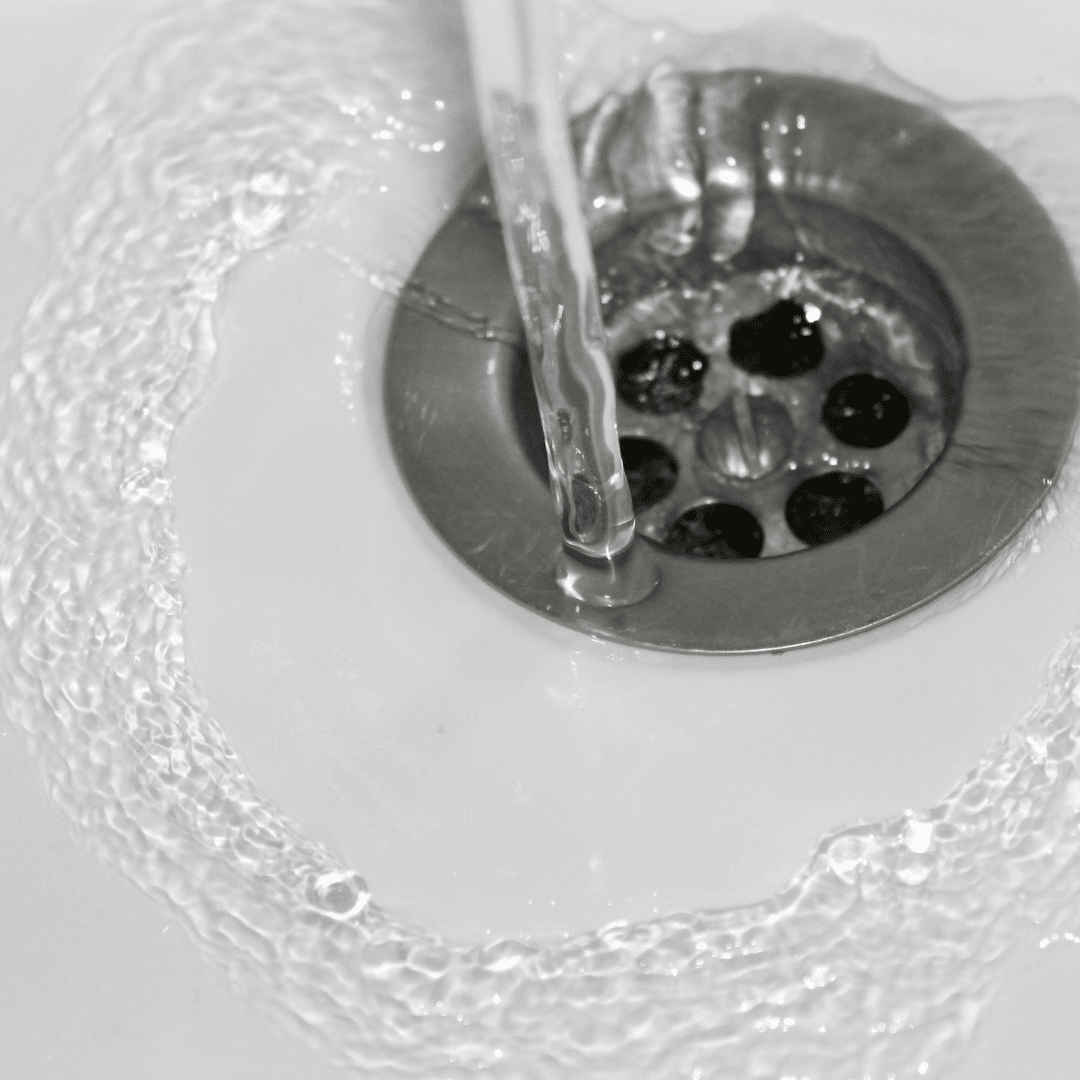A heating contractor from Home Service Doctors should be your first point of contact this season if you want to avoid one of the most serious heating hazards: carbon monoxide leaks. Though it’s not uncommon for furnaces and other gas appliances to begin emitting harmful gasses when they malfunction, carbon monoxide is a deadly yet odorless gas that needs to be eliminated from your home immediately. Exposure to carbon monoxide may lead to serious illness, a loss of consciousness, and even death. The fact that it’s invisible is what makes it so deadly. The gas can enter your home without you having any idea, especially if your home is unequipped with a carbon monoxide detector. Even when you look past its life-threatening consequences, it may also bring some other problems as well. A furnace leaking out harmful gas will require you to either seek major furnace repair or system replacement entirely. When you factor in that the average cost of a gas furnace today ranges closer to $4,000, installing a new furnace can greatly interfere with your budget this winter. You may also see lower property value due to potential home buyers being less likely to look at a home that doesn’t have systems put in place
to prevent carbon monoxide.
Calling Home Service Doctors for High-Quality Service
Home Service Doctors should be your first choice for heating service this season. After all, you don’t only need effective heating; you need safe, efficient heating as well. Our team of licensed, experienced heating technicians will ensure your needs are met before you’re exposed to the worst of this winter weather. We can conduct installation, repair, replacement, and even a quick maintenance check. If it means keeping your home safe throughout the year, there’s a heating contractor on our team willing to go the extra mile. In fact, our customer service is the best around. We’ll have a heating contractor consult with you to ensure you’re getting the right heating service for your home. Thanks to our help, you will also save up to thousands of dollars on furnace replacement because you’ll have a highly-efficient, longer-lasting heating system. You will also enjoy greater property value that will make your home the most wanted on the block. A home buyer will want to take a second, or even a third, look at a home that’s safe and heated for the winter. Above all else, our work ensures you will enjoy living in your home again. Even if the harsh winter weather continues, you’ll be able to enjoy a steady flow of heat that keeps the entire family comfortable.8 Tips on How You Can Avoid Carbon Monoxide Exposure
If you want to ensure your home remains free of any trace of carbon monoxide, please take note of these 8 tips to guarantee your safety:- Call Home Service Doctors for an annual tune-up: It is recommended you call us for a furnace tune-up once a year. Our inspection will ensure any lingering issue is fixed, extend the lifespan of your system, and ensure your system remains efficient as possible so you save money on energy bills.
- Installing a modern carbon monoxide detector. Every home should be equipped with a working carbon monoxide detector. This device will make a loud noise once it detects carbon monoxide. This will prove helpful if a leak happens at night when everyone is asleep so your family will be woken up and be given a chance to evacuate.
- Calling for an annual chimney sweep: Creosote and other debris in your chimney can easily lead to carbon monoxide. You should be calling for a chimney sweep once a year to prevent the risk of carbon monoxide exposure from getting any higher.
- Do not use charcoal grills or portable gas stoves indoors: This may seem obvious at first, but you’ll be surprised to learn how many homeowners try to use a charcoal grill indoors during the winter. While charcoal grills and portable camp stoves are great for using outdoors in the backyard or while on a camping trip, charcoal and propane tanks generate carbon monoxide and aren’t equipped with a venting system like your kitchen stove or your furnace.
- Only buy gas equipment with the seal of approval from a national testing agency: Make sure any gas appliance you install in your home has been approved by a government testing agency like Consumer Product Safety Commission.
- Check the color of your pilot light: The color of the pilot light in your furnace may reveal a problem. Though a blue flame indicates that the combustion process is complete, a yellow flame means that not all of the gases are being consumed during the combustion process are likely to be leaked in your home. You should consider furnace replacement immediately.
- Make sure vents are cleaned: The vents of your heating system need to be properly vented and cleaned, or else it may build up with contaminants that would damage the system’s efficiency. Any buildup of dust and debris should be eliminated immediately so you continue to receive uninterrupted heat without any additional cost.
- Don’t heat your home with an oven: Even though you will undoubtedly be using your oven to heat up food this winter, that is the only way it should be used. Do not try to heat your entire home with it, or else it may lead to a higher risk of a fire or gas leak.







